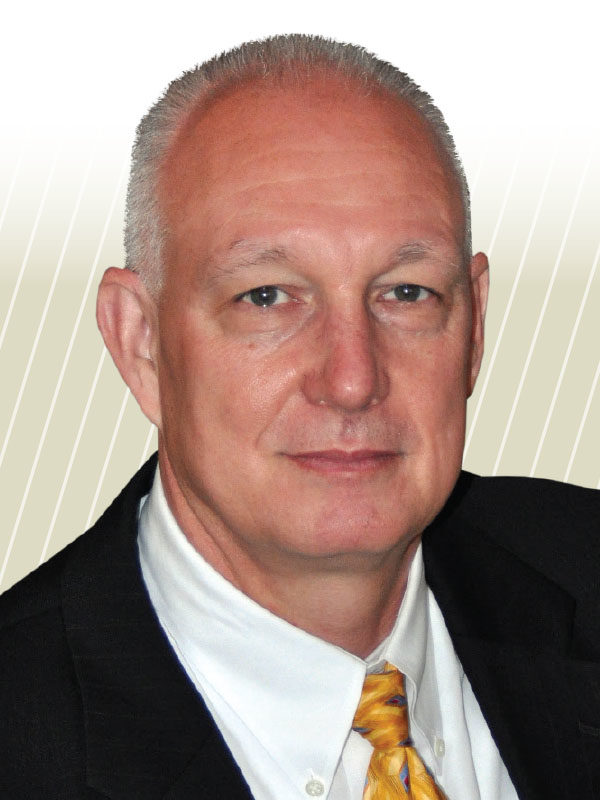To move up the ladder, finance professionals need integrity, competence, passion, and a service mentality, according to Robert Dixon, director, grants and contracts financial administration, Oklahoma State University (OSU), Stillwater.
“Above all, you need integrity,” he insists. “You’re not fully competent in your role if you’re willing to bend the rules. At a university, the goal is the truth, whether it’s in the classroom or laboratory or financial statements. We try to put together an accurate reflection of what we know the universe to be. If we don’t have integrity, if we don’t have ethics, it calls into question the institution as a whole.”
Dixon believes in the power of higher education. “We must focus on outcomes—the students we graduate and put on the road to success, the basic and applied research in the laboratories, and how it all affects the greater good.” His wife, Brenna, is a fiscal and administrative compliance officer at OSU, and his two children are graduates.
A frequent speaker at regional, state, and national education events, Dixon received NACUBO’s Professional Development Award in 2007. A former SACUBO president, he stays fit by running from 15 to 20 miles a week. “I’m not very fast,” he explains in his self-deprecating manner. “I just move forward.”
Let’s talk about your work.
We are primarily involved in the post-award financial administration of sponsored programs. We support the university in billing federal, state, and private agencies for the work our faculty does in support of grants. We serve as the audit liaison for the A-133 audit, as well as agency compliance audits.
Are institutions making any particular mistakes in contracts and grants?
Institutions across the country are much too willing to reduce or discount their F&A rate when proposing a grant or contract, thereby reducing their recovery or reimbursement of real costs. This becomes a challenge because universities continually need to improve, repair, and construct the laboratories and facilities necessary for their research initiatives. To receive a grant or contract, some universities believe they need to waive their indirect cost recovery, but it shouldn’t be the first thing they put on the table.
The same goes with cost sharing. Sometimes offering cost share is an agency requirement, but volunteering funds when it’s not necessary leaves sponsor money on the table.
What’s the hardest management decision you’ve had to make?
While I was serving as bursar, an international student could not pay the tuition and was faced with having to go home to very harsh realities that I dare say none of us could possibly fathom. Trying to find a solution was paramount, because the potential impact of the decision really affected me to my core. Most other decisions have seemed mundane since.
Any challenges you have had to overcome in your career?
I entered higher education as a manager in student loan collections when I was 26. Most of the people reporting to me were older. That was a struggle, but we got over it.
Besides running, what do you do for personal renewal?
I’m in a book club this year. A gentleman put together a list of 100 classics, and our goal is to read 14 of these classics during 2014. We’re going back and rereading or reading things we should have read in high school. I’ve enjoyed that.
Looking back over your career, what one thing would you have done differently?
Sure, I would like do-overs on a few decisions, but I’m where I am for a reason, and who knows what changes would have occurred had I chosen differently? Working for a college, first at Mercer University and now at OSU, has never been about me. It’s about what I can do for the university, for our students, for our staff, and faculty. I want to do the right thing.
MARGO VANOVER PORTER, Locust Grove, Virginia, covers higher education business issues for Business Officer.



